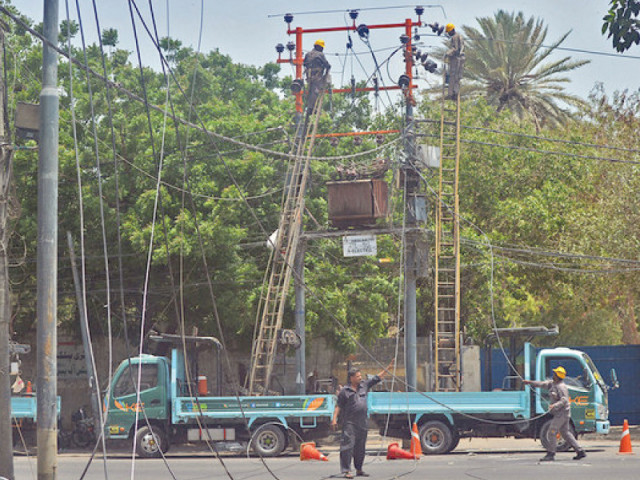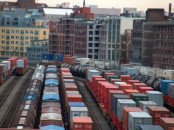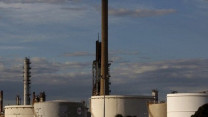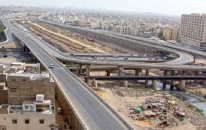KE tariff may increase by Rs10.68/unit
CFO says without efficiencies, KE’s tariff could have been up to Rs17 higher

The power tariff of K-Electric (KE) may increase by Rs10.69 per unit to support a seven-year investment plan aimed at improving the utility’s infrastructure. During a public hearing, it was revealed that KE plans to invest $2 billion over the next seven years. The current power tariff is Rs34 per unit, and KE seeks to raise it to Rs44.69 per unit under this plan. However, the increase will not be passed on to consumers, as the government maintains a uniform tariff across the country by providing subsidies. The tariff for other power companies stands at Rs35 per unit.
K-Electric’s proposal includes mechanisms to adjust for variations in PKR/USD exchange rates, the Consumer Price Index (CPI), and changes in duties and taxes. These adjustments are critical for maintaining the feasibility of projected investments as economic conditions fluctuate. The utility also plans to reduce distribution losses and enhance operational efficiency through technological upgrades and capital investments.
During a public NEPRA hearing on KE’s distribution, transmission, and supply petitions for FY2023-24 to FY2029-30, KE CFO Aamir Ghaziani emphasised that KE has the lowest operation and maintenance cost among the country’s Power Distribution Companies, reflecting operational efficiency. The hearing covered the financial aspects of KE’s investment plan, highlighting the importance of long-term financial planning for significant operational and capital expenditures necessary to modernise the utility’s infrastructure amidst economic challenges and high costs for imported equipment.
KE’s strategy focuses on a seven-year tariff control period, aligning with prior regulatory frameworks to provide stability for financial and operational planning. This includes financial mechanisms like quarterly indexation for the cost of debt, reflecting changes in KIBOR and SOFR plus spreads, crucial for managing financial risks associated with foreign exchange and interest rate volatility.
Public feedback during the hearing was varied, with stakeholders expressing concerns about possible tariff increases while recognising the necessity for substantial investment in Karachi’s power infrastructure. To address these concerns, KE showcased initiatives to boost operational efficiency and reduce system losses, crucial for improving service reliability. KE detailed operational achievements, including a significant reduction in transmission and distribution losses over the past decade, contributing to its position as the most cost-efficient among its peers. Without these efficiencies, KE’s tariff could have been up to Rs17 higher.
In response to inquiries about the impact of new tariffs on consumer rates, NEPRA Member of Tariff & Finance Mathar Niaz Rana reassured that the proposed adjustments are designed to fund infrastructure improvements and are not directly linked to consumer billing rates. The hearing also provided a platform for industry experts to discuss challenges faced by KE, including economic instability and escalating infrastructure maintenance costs. Experts called for a balanced approach to ensure the utility’s financial sustainability while protecting consumer interests.
Further discussions highlighted recent complaints about load shedding in Karachi. NEPRA announced that its regional team in Sindh is investigating these claims to ensure prompt resolutions. The session saw intense moments when Imran Shahid from Jamaat-e-Islami Karachi criticised rising electricity tariffs and persistent load shedding. Stakeholders reminded that exclusivity in the distribution segment ended in 2023, opening the market to new entrants.
NEPRA chairman and members had to steer the proceedings back on track amid political grandstanding and tangential topics, emphasizing the need to focus on KE’s specific proposals. Throughout the hearing, KE reiterated its commitment to transparency and regulatory compliance, aligning its operational strategies with global best practices to meet Karachi’s current and future energy demands efficiently.



















COMMENTS
Comments are moderated and generally will be posted if they are on-topic and not abusive.
For more information, please see our Comments FAQ